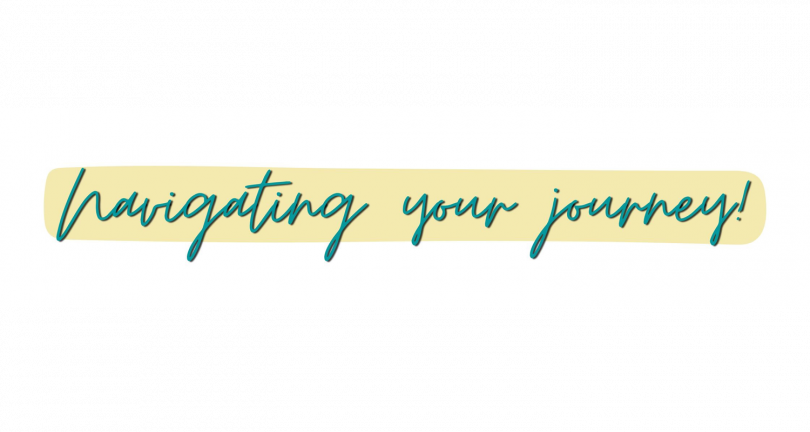4 Steps to Ease Worrying

“Worrying is like a rocking chair, it gives you something to do, but it never gets you anywhere.”
Erma Bombeck
The Oxford dictionary describes worry as “to keep thinking about unpleasant things that might happen or about problems that you have.”
According to the 2021 Gallup National Health and Well-being Index, 62% of adults reported a daily sense of worry.
This could be an immediate worry, such as worrying that you might be late for something. A reflective worry, such as worrying about someone in your life, or an imagined worry, which is worrying about something from the past or future.
Examples of things that can cause worry are:
● A stressful job
● A toxic relationship
● Life changes such as divorce or moving
● Financial issues
● Physical and health issues
● Sensory overload
● Lack of purpose and drive
● Limited personal time
Even if you have the most relaxing life, there will always be something that causes you worry at one point or another. It’s only natural to worry about things, but it’s when that worrying becomes excessive that perspective needs to come into play. We actually have to change our perspective in order to feel better. Otherwise emotional and physical energy can be sapped. (Please note, general worrying is not the same as an anxiety disorder).

I worried about things my whole life: what friends or strangers thought about me, if I was too fat or too thin, if I looked right or if I was wearing the right thing. I worried about my family, my daughter, and my friends. I worried about my finances. I was constantly worrying about what would happen next week. The list goes on and on. Then as I took a step back, I suddenly realised everything I was worrying about was the past or the future. Putting it into perspective, right at that moment, I was in fact safe, happy, healthy and had what I immediately needed. Suddenly I became present and grateful for that present state, and my worries lessened.
In order to get to this state, it is imperative to work out first what is causing you to worry. On the surface, it might seem like an immediate thing, i.e. not getting a job. But actually looking deeper could mean your worry is in fact something more, i.e. not having enough money to pay your rent, worrying about being evicted, etc. Our worries often can be linked, and the more linked they are, the heavier they can sometimes feel. Try to break down what is the root of your worry, so you can then try to deal with it.
One way of dealing with worry is to actually allow yourself that time to worry. Actually dedicating 10 minutes to writing your worries out and thinking about them, can help you then realize what worries are actually necessary, if any. Worrying often stems from us trying to have control. Try to look at your worries realistically. Find a healthy balance between what you can do something about and what you can’t. I cannot singlehandedly end world poverty, but there are still things I can do to help. I might not be able to cure a friend’s illness, but I could show compassion. To resolve a worry, try to apply practical ideas in order to help, instead of feeling burdened by something impractical.

When looking at your worries, it is important to work out if it is a problem you can realistically solve.
4 Steps to Ease Worrying:
- Take stock of your worries. Physically write them down. How many can you practically resolve?
- For those you can resolve, take action. This could be something small that is still successfully easing or resolving that worry.
- For those you can’t resolve, try to take a mental break. I.e. pocket of happiness, deep breathing, body scan. Are any on your list unnecessary that you can remove after some thought?
- Look around. Is there a friend, family member or a stranger that you have the ability to help ease their worry? If so, take action. Help others resolve some worry in their life.
While going through life, it is important to remember that like you, everyone else worries too. Use this knowledge to be more empathetic. Perhaps you have the ability to ease someone else’s worry.




